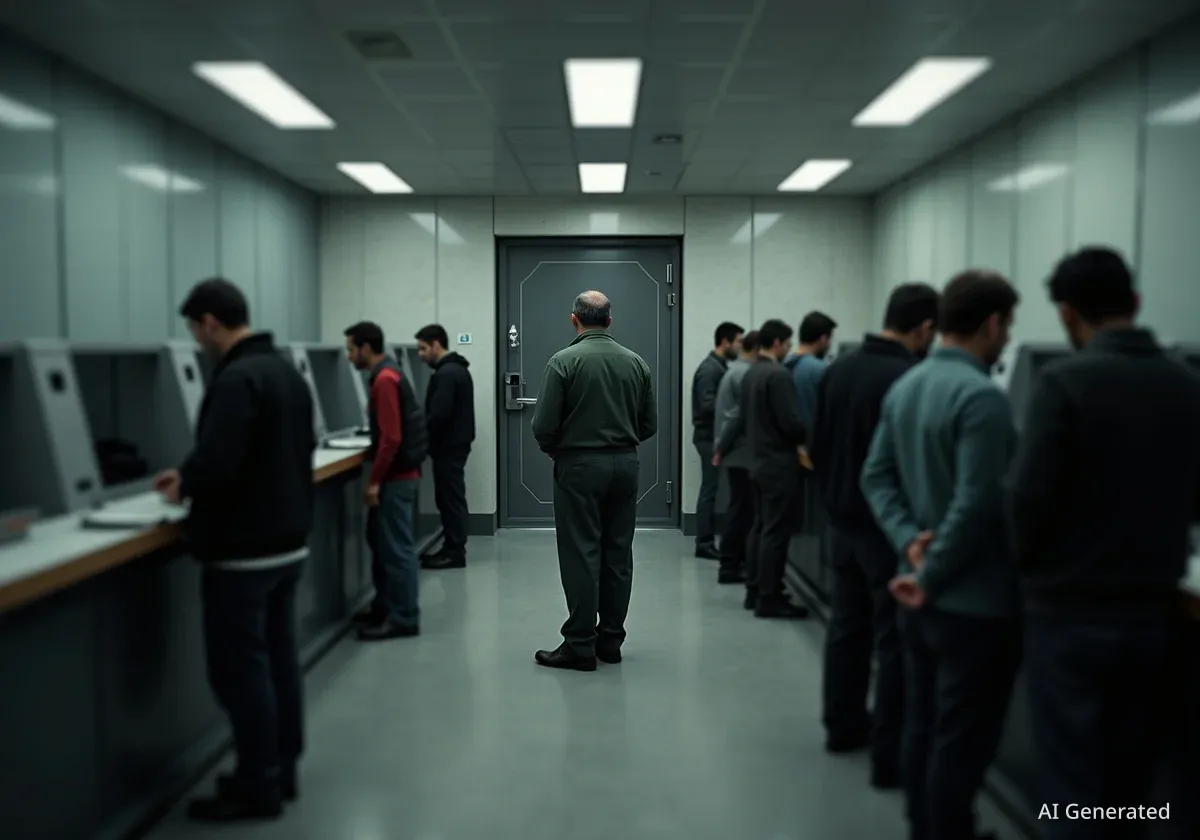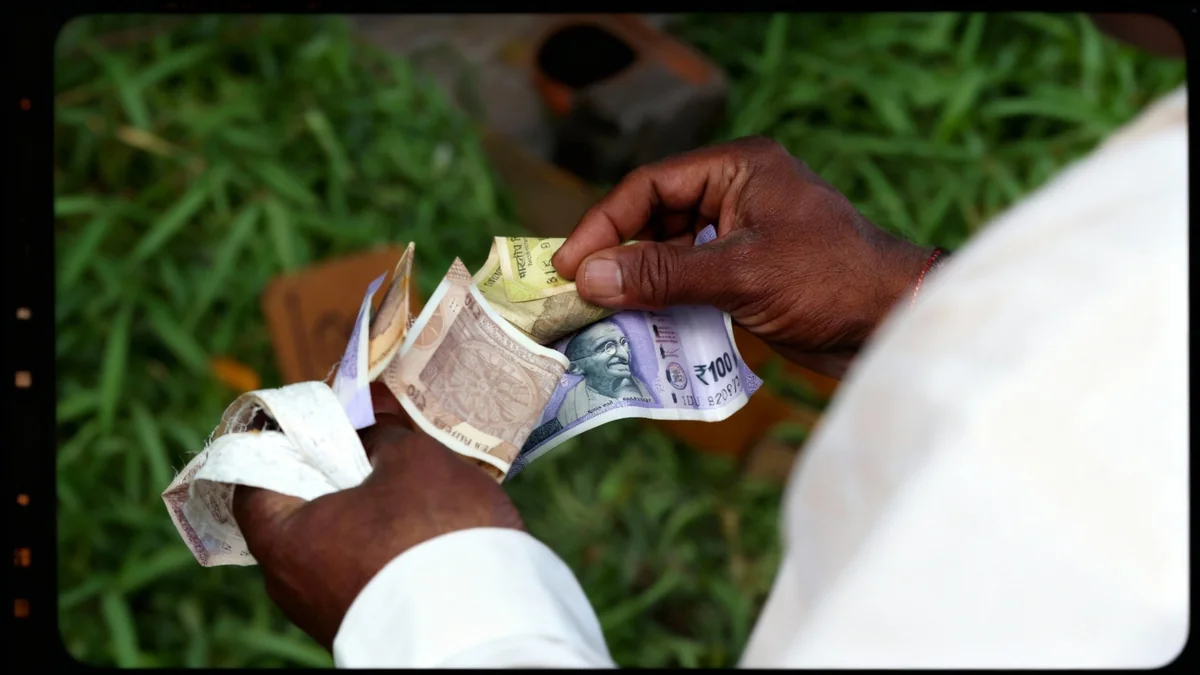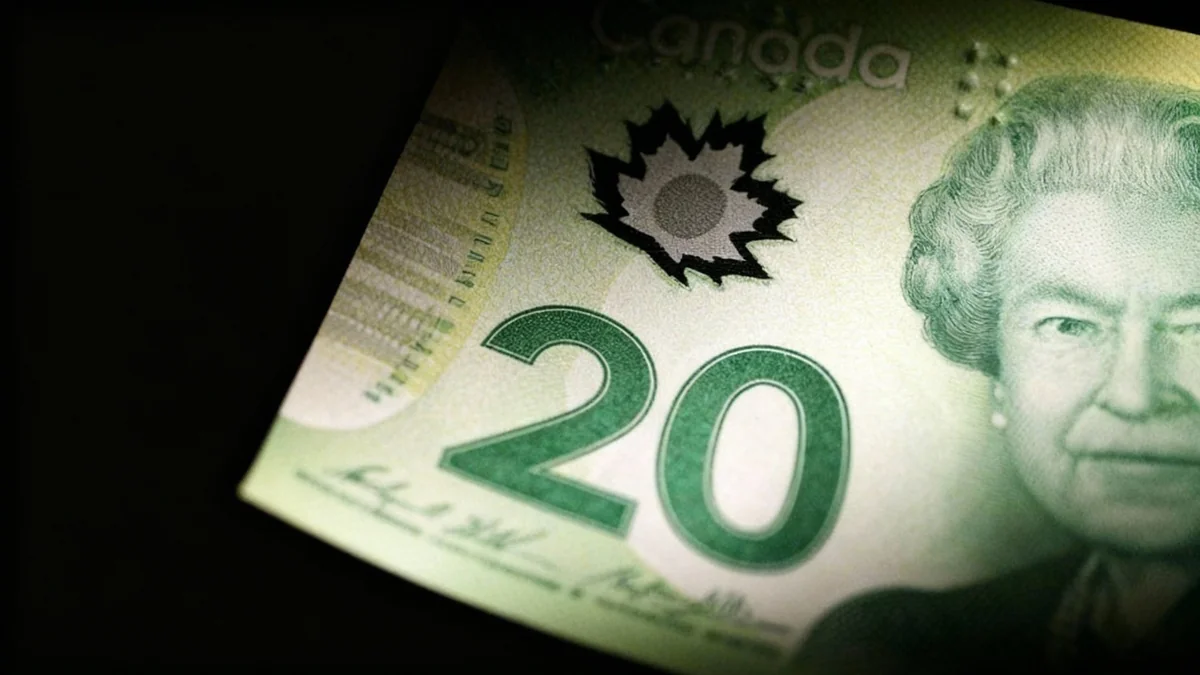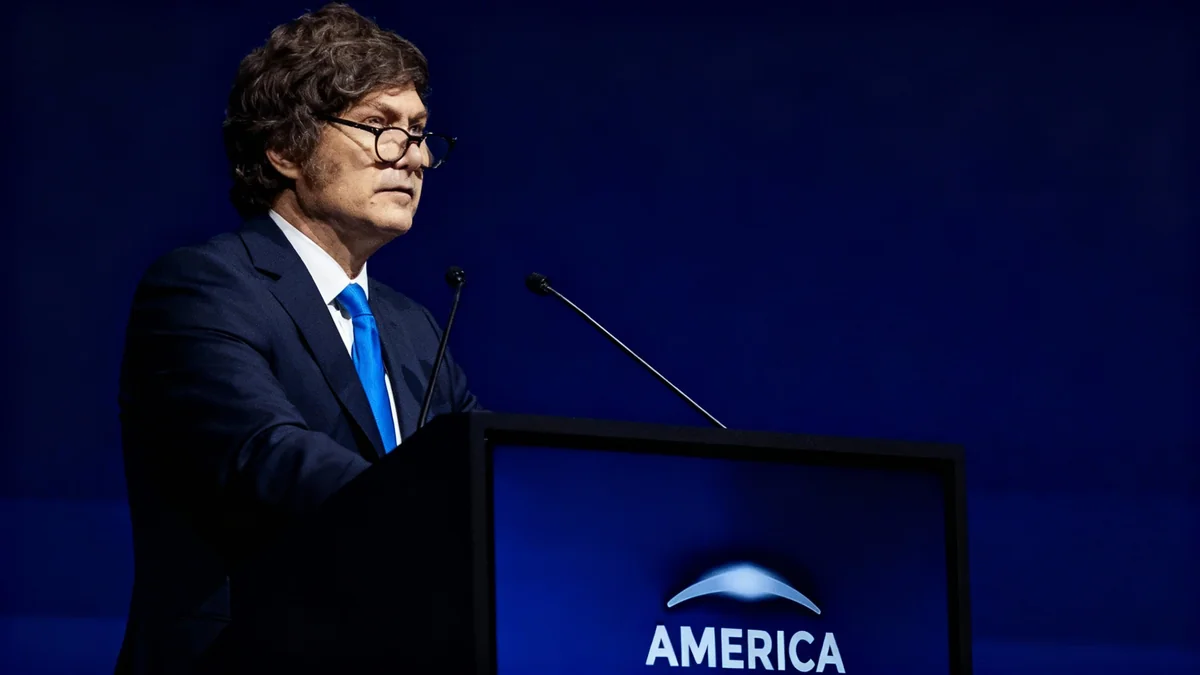Residents in Gaza rushed to newly reopened banks on Sunday, hoping to access their funds following a recent truce. However, their hopes were quickly dashed as they discovered the branches had no physical cash, deepening a severe liquidity crisis that has left many unable to buy essential goods like food and medicine.
Two branches of the Bank of Palestine opened their doors for the first time since March, but were unable to dispense money. This situation highlights the critical shortage of physical currency in the region, a problem that has been escalating for two years amid ongoing conflict and economic restrictions.
Key Takeaways
- Banks in Gaza reopened following a truce but lacked physical cash to give to customers.
- Residents are unable to withdraw salaries or savings, creating immense hardship.
- A severe shortage of banknotes has been ongoing, with existing currency becoming worn and unusable.
- Alternative cash withdrawal methods involve merchants who charge commissions as high as 40%.
- Power and communication outages hinder the reliability of digital payment systems.
Hope Turns to Disappointment at Bank Branches
Following the announcement of a ceasefire, there was a brief sense of optimism among Gaza's residents. The reopening of two Bank of Palestine branches on Sunday was seen as a step toward normalcy, prompting long queues of people eager to access their money.
However, the reality on the ground was starkly different. Customers were informed that while some services like renewing credit cards were available, no cash withdrawals were possible due to a complete lack of liquidity.
Ahmad Abu Foul, a 38-year-old resident displaced from northern Gaza, was among those who waited in line. "I went hoping to withdraw my salary, which I haven't been able to access for a long time, but there was no money," he explained. While he managed to renew his card, the primary goal of obtaining cash remained unfulfilled.
"What should we do? We are unable to buy in the markets and are unable to open our accounts. How will we eat and live?" said Taysir Abu Shabak, another resident expressing the widespread frustration.
This sentiment was echoed by many. Mahmud Nassar, 40, described his initial hope turning to despair. "I really thought that once the bank opened today, I would be able to withdraw money from my account," he told AFP. "But when I got there, I found no cash. It means we're back to square one."
Background of the Banking Shutdown
Financial institutions in Gaza have operated sporadically since the conflict intensified. Most banks and ATMs have been destroyed or forced to close. The recent reopening on Sunday was the first since a previous truce collapsed in March, according to a bank director who spoke with news agency AFP.
A System Without Currency
The cash shortage in Gaza is not a new problem but has reached a critical point. For months, the supply of new Israeli shekel banknotes, the primary currency used, has been restricted. This has forced the population to rely on a closed loop of existing cash.
An official from the Bank of Palestine, speaking on condition of anonymity, confirmed the severity of the issue. "The money in Gaza is worn out," the official stated. "People are only using the cash they had before the war."
The physical condition of the banknotes has deteriorated significantly. In local markets, it is common to see bills that are tattered, taped together, or barely legible. Some have become so damaged that they are no longer accepted by merchants.
Impact of Currency Restrictions
In a statement last month, United Nations experts highlighted Israel's "financial stranglehold" on the region. They noted that Israel has blocked the inflow of new currency, contributing to rampant price inflation and hampering the local economy.
The High Cost of Cash Alternatives
With banks unable to provide cash, residents are forced to turn to informal and expensive alternatives. Many rely on merchants or money changers who facilitate cash-out transactions from bank accounts for a steep fee.
According to reports, these commissions can reach as high as 40%, meaning a person trying to withdraw 100 shekels would only receive 60. "We're having to withdraw money through merchants who charge outrageous fees, draining us completely," explained Mahmud Nassar.
Nada Abu Amra, a 33-year-old from Deir al-Balah, shared her family's struggle. "My husband went to withdraw money today, but he found none," she said. "People are exhausted -- all they want is to withdraw just 100 shekels without paying commission, just enough to buy food."
Digital Payments Face Obstacles
While some transactions are conducted digitally, this is not a reliable solution for the majority of Gaza's population. A banking application that allows for peer-to-peer transfers is in use, but its effectiveness is severely limited by constant power outages and damaged telecommunications infrastructure.
Without consistent electricity or internet access, completing digital payments is often impossible. This leaves cash as the only viable method for most daily transactions, from buying groceries to paying for services.
The combination of a physical cash shortage and unreliable digital infrastructure has created a near-total breakdown of the financial system for ordinary people. According to another banking official, many Gazans have lost a significant portion of their savings simply trying to access their own money through high-commission transfers.
Broader Context of Financial Flows
The issue of cash in Gaza is complex. In February 2024, the Israeli military released videos showing safes and bags filled with large amounts of cash in Israeli shekels, U.S. dollars, and Jordanian dinars. The military stated these funds were discovered in tunnels and were accompanied by documents suggesting cash transfers from Iran to Hamas.
While these findings point to separate financial channels, they stand in stark contrast to the reality faced by the general population. For most cash-strapped Gazans, their bank accounts hold funds they cannot access, leaving them with empty pockets and an uncertain future.
The reopening of banks without any cash to dispense has only served to underscore the depth of the humanitarian and economic crisis. As residents continue to seek ways to survive, the demand for a functional financial system and access to physical currency remains a critical and unresolved issue.





